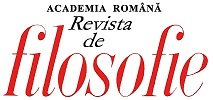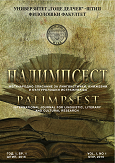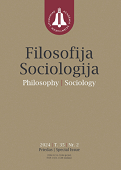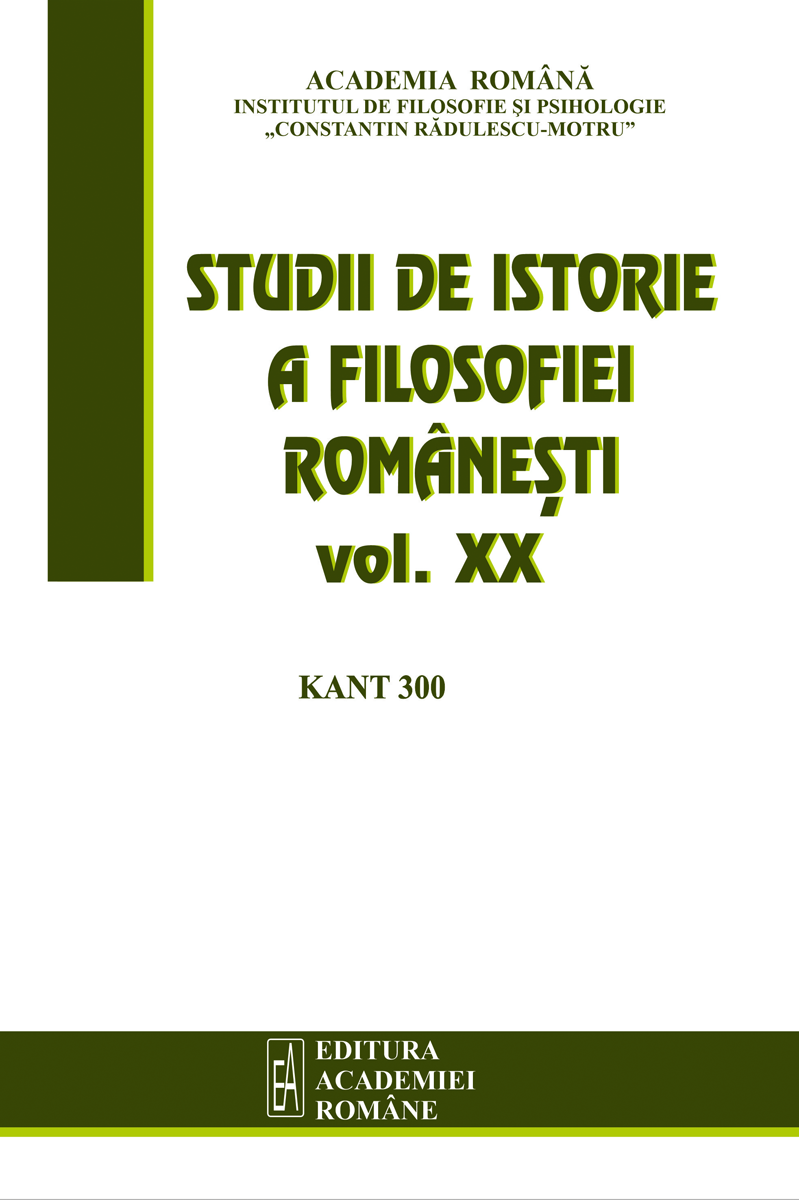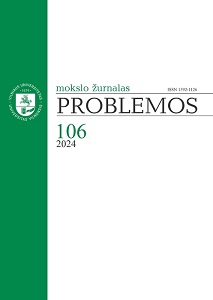Author(s): Bogdan Rusu / Language(s): Romanian
Issue: 20/2024
In imperial Transylvania, the Hungarian professors of philosophy served as models for the Romanian proponents of philosophy. Due to the official catholic hostility to Kant, Márton Istvan promoted the philosophy of Krug, of which he edited and translated a compendium into Latin. Krug was not a genuine Kantian, but an eclectic post-Kantian, influenced by Reinhold, Fichte, and Schelling. His metaphilosophy influenced a whole generation of Hungarian thinkers, most of them eclectics, who forged along its lines a broad concept of “critical philosophy”, of which Kantianism was supposed to be just a species among others. “Critical philosophy” became the name of a new brand of eclecticism, integrating commonsensism, the main theses of the old ontotheological metaphysics, and elements of Kantian doctrine in diverse proportions. The Transylvanian Romanian teachers of philosophy imitated the example of their Hungarian models, went to Krug’s texts, either in Latin or in German, translated them to the purpose of using them in their lectures, and sometimes published their translations. The first centre of diffusion of Krug’s critical philosophy was the Blaj Gymnasium, at the end of the 1820s. Krug’s philosophy reached Bucharest in the 1840s, through a graduate of Cluj Piarist Lyceum, and eventually Jassy, through a former Blaj teacher, in the second half of the 1850s, where it was taught until the end of the 1870s. Despite this relatively wide diffusion, Krug’s critical philosophy was far from having on Romanians the same kind of impact it had on Hungarians. It left virtually no traces on the Romanian culture, with the exception of a political manifesto by Simeon Bărnuț (1842) and, most importantly, it was ineffective in generating interest in Kant’s philosophy. Thus it cannot be said, as the accepted narrative holds, that the diffusion of Krug’s works in Romanian marks a moment of the reception of Kant in Romania.
More...
